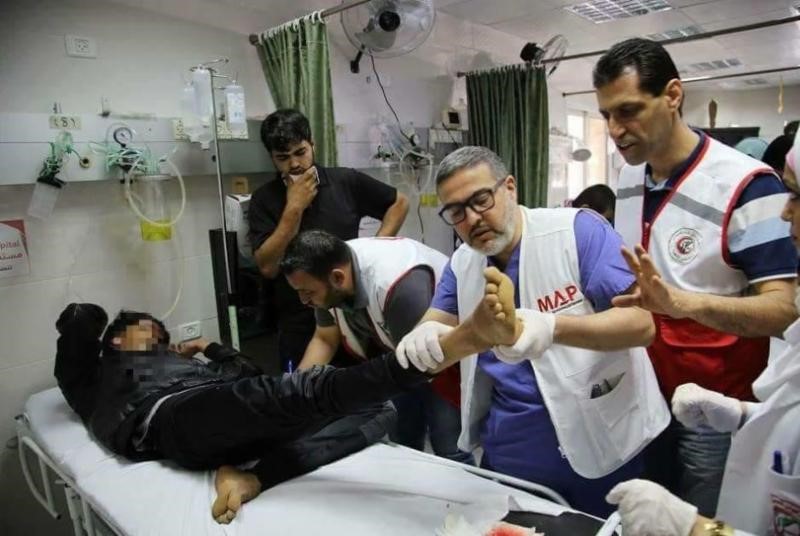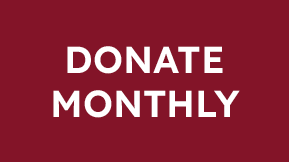Emergency Relief in Gaza
On the eve of the Nakba, “Day of Catastrophe,” Palestinians in Gaza were met with tear gas and gunfire. Thousands of Palestinians have been injured or killed in demonstrations that are a part of ongoing protests calling for the right of return from areas where Palestinians were forcibly removed in 1948.
UPA Executive Director Saleem Zaru stressed that “it is important to stay focused on the increasing humanitarian needs.”
UPA Gaza staff members were confined to their homes at the beginning of the protests but were nonetheless able to develop a mental health contingency plan for parents. The 13 person team, including six mental health practitioners, exemplified steadfastness in its truest form under the most difficult circumstances.
The ongoing violence during the last few months has pushed the entire healthcare system in Gaza to the brink. With your support, UPA responded by renovating extra storage space at the Jordanian Field Hospital in Gaza to serve as recovery rooms for 30 – 36 patients at a time.
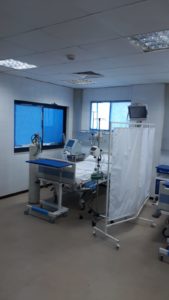
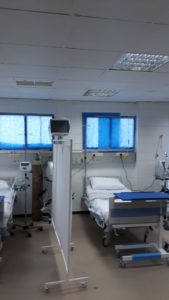
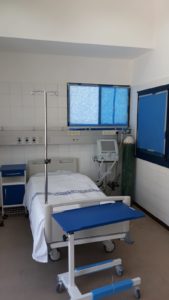
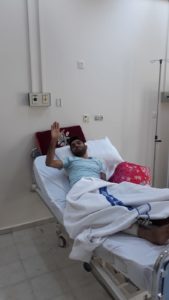
“These rooms provided extra support to patients due to the shortage of medical facilities in Gaza… Many people were critically injured, and it was an opportunity for the hospital to provide the necessary treatment,” said Dr. Hatem Al Zoobi, Medical Director at the Jordanian Field Hospital.
Earlier this year, the medical sector in Gaza declared a state of emergency, as basic medical supplies were on the verge of running out.
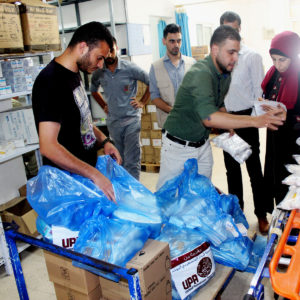
“The overwhelming number of gunshots wounds not only put lives at risk but also put the entire health system at risk because of a lack of equipment, beds, personnel and supplies,” says Dr. Ghassan Abu Sitteh, a surgeon from the American University of Beirut Hospital who frequently works as a volunteer in Gaza.
With Dr. Abu Sitteh’s guidance, UPA purchased the necessary pharmaceuticals and consumables from the local market and delivered them to Al Awda Hospital, a longtime UPA partner.

